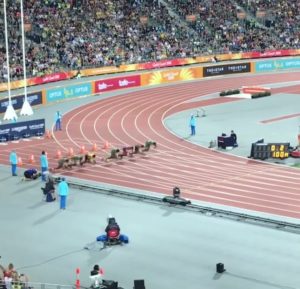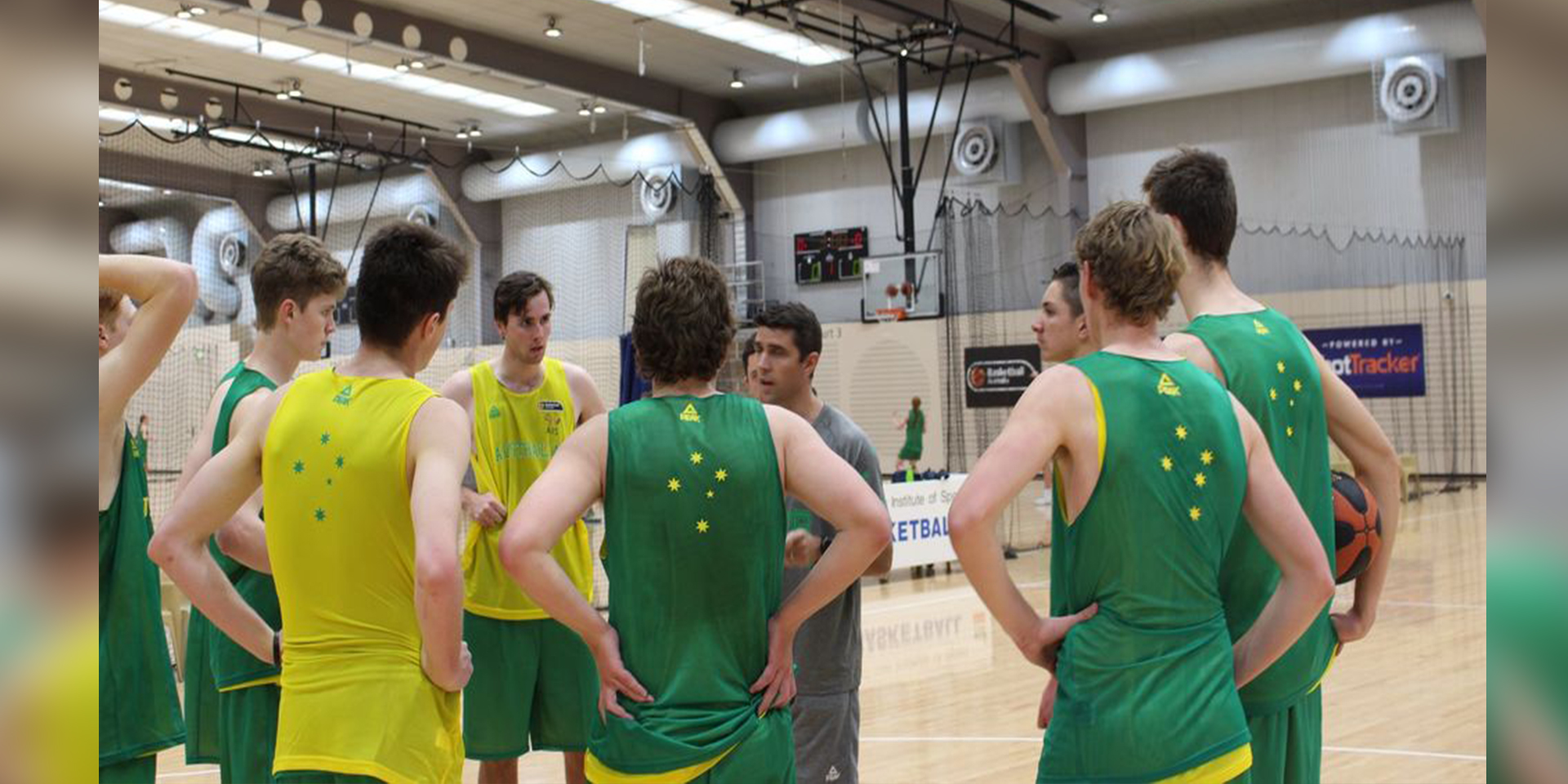Striking the right balance when you’re raising a young athlete
As a parent, seeing your children develop a passion for playing a sport (and maybe more than one!) and aspiring to follow in the footsteps of their favourite athletes, including those they might have watched compete at the Commonwealth and Olympic Games, can be really exciting.
My children are involved in a few different sports, and have set their sights high. Seeing the enjoyment, confidence and sense of purpose they get from being part of a team, and watching them set goals and strive to play their best, is so rewarding.
But that experience has also given me a first-hand insight into how much things have changed over the years, and particularly since I was a young athlete myself. These days, standing on the sidelines with other parents, I hear a lot of talk around how much more training our kids are doing, the increased expectations on families, how much longer sports seasons are, the increased number of competitions and just how many sports are on offer.
So, the challenge for me, as both a parent and a sports and exercise scientist (and a taxi-mum!), is to help my kids navigate and live their love of sport in a way that’s healthy for them. Because for very active kids, as opposed to children who perhaps play just the one sport on a Saturday morning, there is a risk of doing too much activity. Potential problems associated with that range from the physical to the psychological, and you can read more about those here). For my own children, I always bear the following things in mind.
- Some studies suggest that young athletes should spend no more than one hour training per week, for every year of their age. So, a 12-year-old soccer player should spend no more than 12 hours training or playing soccer, each week.
- The American Academy of Paediatrics recommends that, to prevent overuse injuries, children should limit playing (including competition and training) each individual sport they’re involved in to five days a week, with at least one day a week of rest from all organised physical activity.
- Young athletes should have at least two or three months off from each sport they play, per year.
- Variety and ‘sport sampling’ is healthy for kids. This can become tricky to achieve, with the increased demands from each individual sport, having more than one athletic child in a family, the associated costs, and family dynamics, everything from both parents working to single-parent families. Phew! But the key thing to remember is that early specialisation isn’t ideal, due to the potential of overuse injuries and burn out. So, try to keep the focus on having fun, and encourage your young athletes to enjoy a variety of sports for as long as you can.
 Lastly, while organised sport is a big part of my kids’ lives, I have also been very mindful of actively encouraging them to enjoy ‘unstructured play’, because it’s just as important for children to have free time to be innovative and creative.
Lastly, while organised sport is a big part of my kids’ lives, I have also been very mindful of actively encouraging them to enjoy ‘unstructured play’, because it’s just as important for children to have free time to be innovative and creative.
For my kids, this ‘play time’ is often active time too, whether they go out for a bike ride or a surf, but regardless, it serves as time out from their structured educational and sporting commitments. Above all, it’s fun! And whether it’s organised sport or spontaneous activity, that’s what every type of exercise should deliver for our kids, right?


